Socialising and Your Baby’s Anxiety
There are two basic reasons why a baby cries when he is socialising: stranger anxiety and separation anxiety. Stranger anxiety often occurs at the same time as separation anxiety, yet they are distinctly different from each other. However, both serve the same purpose – to keep the baby safe from harm. Read on to know how.
If your baby cries when an unfamiliar person approaches him, he has what is known as stranger anxiety. Separation anxiety is when a baby cries when a parent leaves him in his room, at a daycare, or in the care of someone else.
When Do Separation and Stranger Anxiety Show Up in Babies?
A baby normally gets stranger anxiety at about 8 or 9 months, but it can even be seen in babies as young as three months. Around four months, babies begin observing people to see who they can trust. Since they can now recognise their caretakers, being in the presence of unfamiliar people can terrify them. The intensity of anxiety depends on the nature and personality of the child. Friendly babies will be more or less comfortable around most new faces, but shy and sensitive babies will take time to get used to them.
On the other hand, separation anxiety is often seen in older babies. It occurs when babies understand that they are individuals but don’t understand that something exists, even when it is not seen or heard. So when you leave the baby’s room, he does not know that you will return. He thinks that you have left him forever, and this is the reason he cries until you return. Just like stranger anxiety, babies can get separation anxiety when they are as young as three months old.
Although stranger anxiety and separation anxiety sound worrying, they are natural defence mechanisms to keep a baby safe from danger. As babies start crawling, they tend to wander away from their caregivers in their efforts to explore the world. Having stranger and separation anxiety ensures that they return to the safety and care of their parents after some time.
How to Help Your Baby Become Comfortable Around People?
Most babies experience both stranger anxiety and separation anxiety, and this is entirely normal. Babies generally outgrow them when they are about two years old. However, you can help your baby become more comfortable around strangers by doing the following three things:
1. Be Calm Around Strangers
Babies can pick up on your emotions. So when you are in the company of strangers, be as relaxed as possible. Do not worry about how your baby will react to them. Instead, introduce the strangers to the baby calmly and friendly. After some time, the baby will get used to meeting new people and not burst into tears when seeing them.
2. Leave Her Alone for Some Time
Start leaving the baby in the company of a trusted caretaker or other babies for short periods. Let her cry for some time before coming back to her. Make sure you are nearby in case the baby doesn’t calm down or stops crying. Greet her with a hug, a kiss, or a cheerful hello when you return to help your baby feel secure and loved.
3. Take it Slow
Do not hand over your baby to people he has never seen before. If he refuses to be picked up by someone even after a lot of persuasion, respect his wishes. Do not force him; let the baby make friends at his own pace.
4. Encourage Social Interaction
Introduce your baby to different people gradually, starting with familiar faces like family members and close friends. Praise and encourage your baby when interacting positively with others, reinforcing a sense of security and confidence.
5. Lead by Example
Engage warmly with others in your baby’s presence to demonstrate positive social interactions. Babies learn by observing, so your actions can influence their behaviour.
FAQs
1. How can I tell if my baby is experiencing anxiety during social interactions?
Watch for signs such as crying, fussiness, clinginess, or avoiding eye contact. These behaviours may indicate that your baby is feeling overwhelmed or anxious.
2. Are there any activities I can do to encourage social development in my baby?
Involving your baby in social activities, such as family gatherings, playdates, storytime at the library, or outings to the park, can provide opportunities for social interaction and help your baby become more comfortable around people.
Remember, nobody knows your child better than you do. You must monitor your baby’s behaviour and consult a paediatrician if you have concerns. While some shyness is usual, persistent avoidance of social interactions may warrant further evaluation to rule out any underlying issues.
Also Read:
Baby with Stranger Anxiety
Baby Wants to Be Held All the Time
Ways To Deal With When Baby Only Wants Mom
Was This Article Helpful?
Parenting is a huge responsibility, for you as a caregiver, but also for us as a parenting content platform. We understand that and take our responsibility of creating credible content seriously. FirstCry Parenting articles are written and published only after extensive research using factually sound references to deliver quality content that is accurate, validated by experts, and completely reliable. To understand how we go about creating content that is credible, read our editorial policy here.





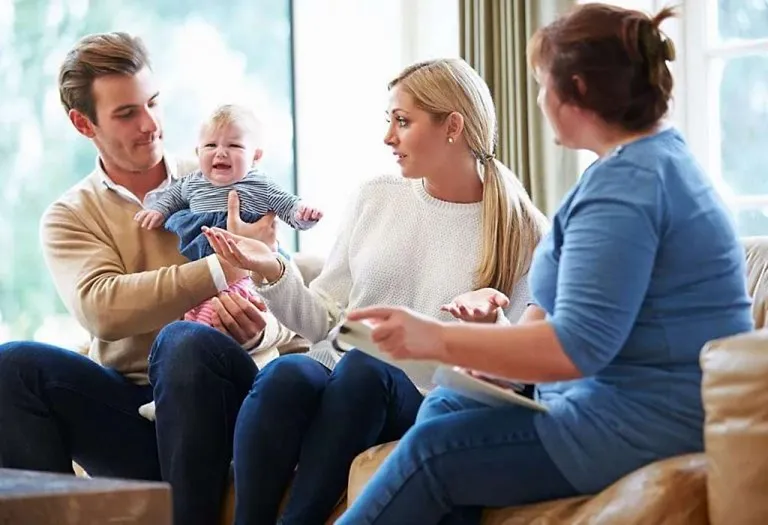
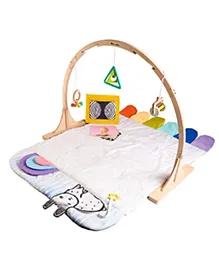
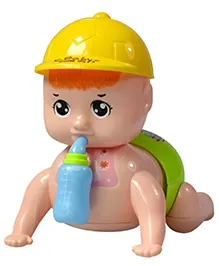
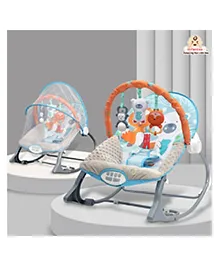


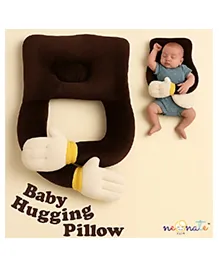



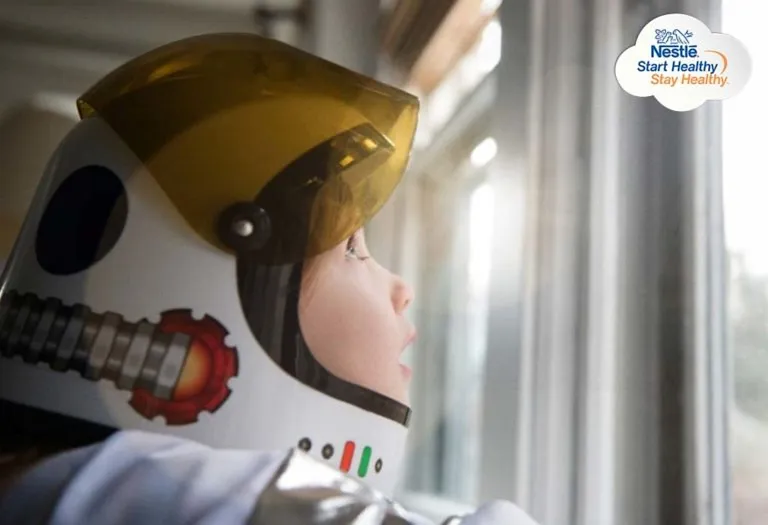
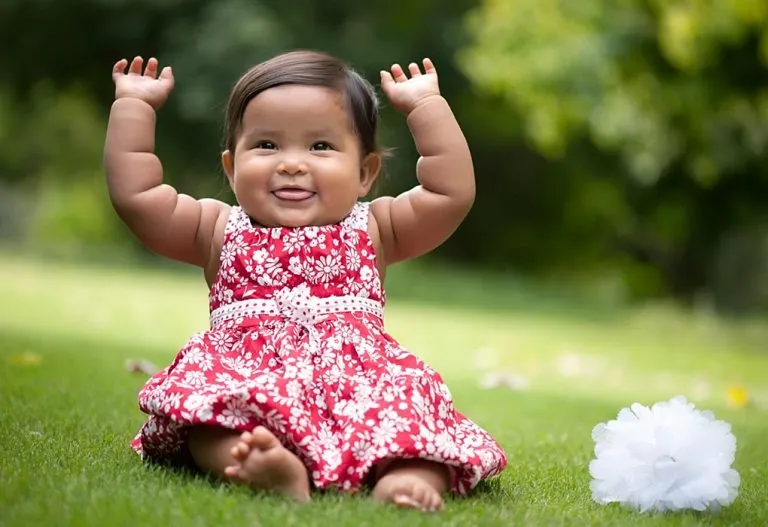
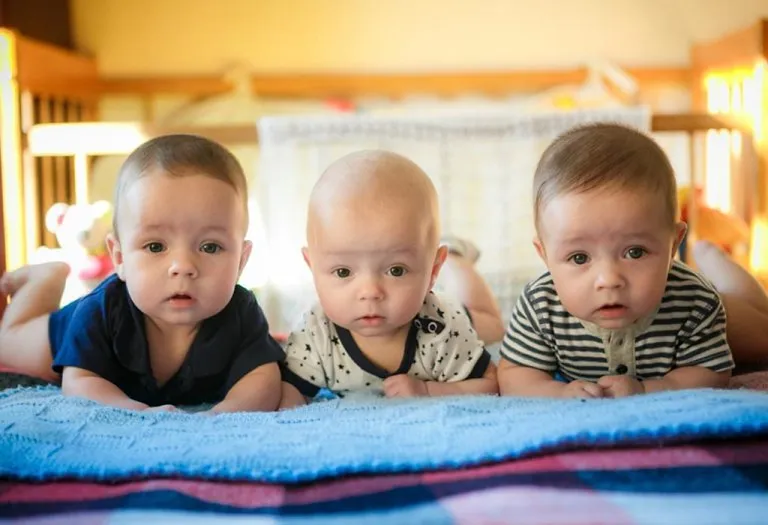
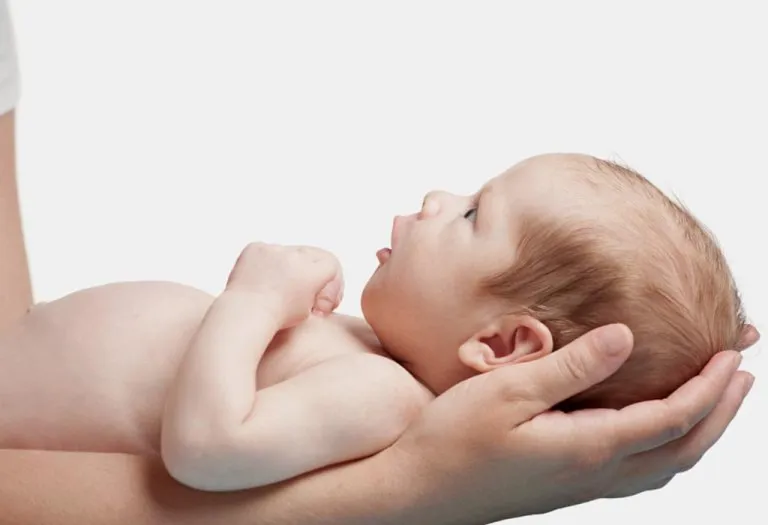
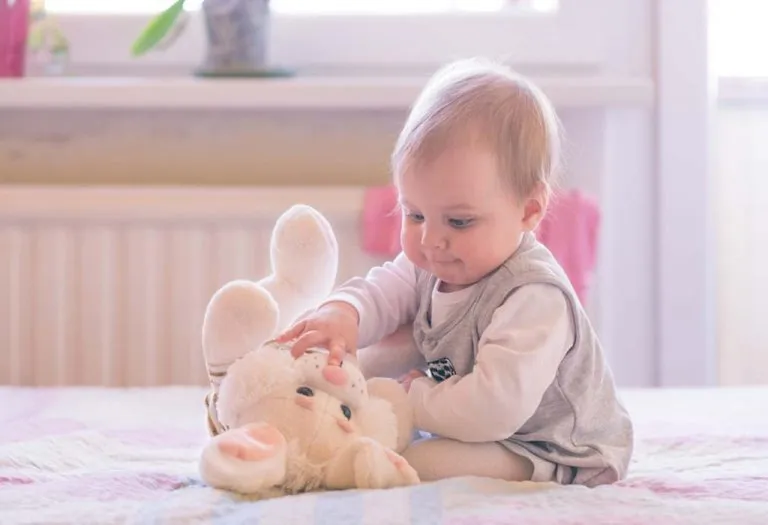

.svg)


















